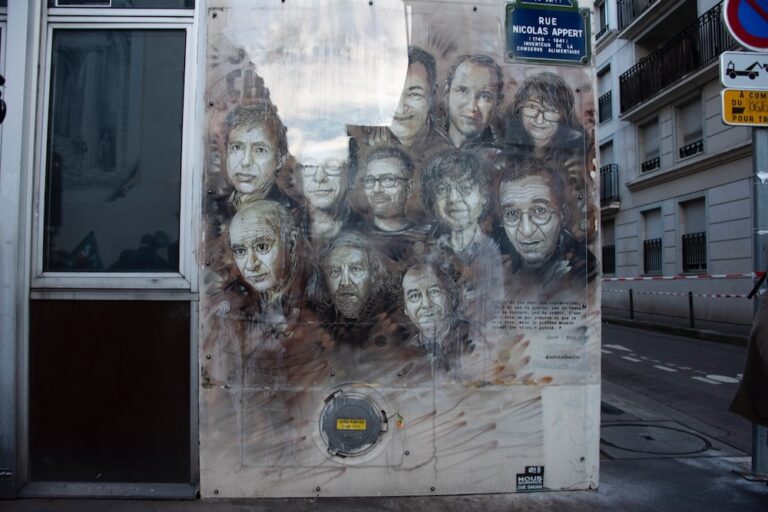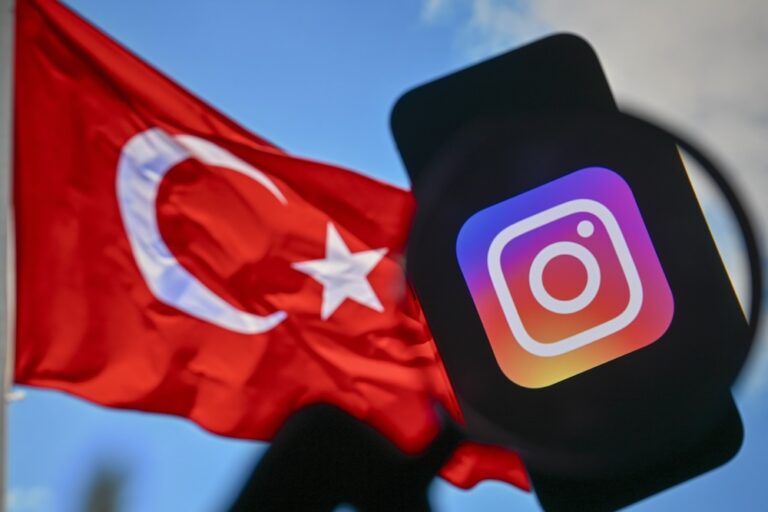In an oral statement to the UN Human Rights Council on 9 September 2014, ARTICLE 19 welcomed the annual report of the Special Rapporteur on the Human Right to Safe Drinking Water and Sanitation for making strong recommendations for States to recognise the connection between the right to water and sanitation and the right to […]
In an oral statement to the UN Human Rights Council on 9 September 2014, ARTICLE 19 welcomed the annual report of the Special Rapporteur on the Human Right to Safe Drinking Water and Sanitation for making strong recommendations for States to recognise the connection between the right to water and sanitation and the right to freedom of expression.
“The Special Rapporteur’s report is significant for recognising that violations of the right to water and sanitation often occur where individuals are not consulted in decision-making processes, are denied access to information and their freedom of expression rights are not enjoyed,” said Thomas Hughes, Executive Director of ARTICLE 19.
The report comes at an important time as the UN’s principle human rights body discusses the right to water, and also considers an OHCHR report on the importance of equal political participation. During the current Session of the Human Rights Council, the Czech Republic will table a resolution on public participation while Ireland will call on States to increase efforts to protect civil society space. States supporting both of these initiatives should rely on the Special Rapporteur’s report and highlight its recommendations on freedom of expression and information and public participation.
ARTICLE 19 has long argued that the right to water and sanitation relies on the rights to freedom of expression and information and public participation. These are rights that empower people, giving them the knowledge and voice to demand their other rights, in particular social and economic rights. Removing blocks to the free flow of information in the water sector has been central to ARTICLE 19’s work in Brazil, and in Senegal.
In the oral statement, ARTICLE 19 quoted from the opening address of the new High Commissioner for Human Rights yesterday [8 September], in which he said “development is more than free markets and economic growth”, and necessitates that people have “an equal voice and right to participate in public affairs.” This is especially true in development related decisions on the right to water and sanitation.
This rights-based approach to development is central to “The Free Flow Principles”, launched by ARTICLE 19 on the eve of World Water Day in 2014 to guide States, policy makers and activists on how freedom of expression and information are critical to secure the rights to water and sanitation.
Citing the Free Flow Principles, ARTICLE 19 called upon States at the UN Human Rights Council to:
- Adopt comprehensive access to information laws to require governments and other duty bearers to proactively inform the public about issues relating to water and sanitation, water-related resources and management;
- Ensure legal policy measures guarantee the freedom of the media and individuals and groups to openly and critically discuss and share information on matters relating to the right to water and sanitation;
- Create an enabling environment for all people, including civil society and human rights defenders, to participate in decision-making related to water and sanitation without fear of discrimination or reprisals. There must be targeted measures to ensure all marginalised groups, especially women, LGBTI people, and persons with disabilities, are given an equal voice in these processes.
The submission of the oral statement was supported with a written statement to the 27th Session of the Human Rights Council, which gives a more comprehensive summary of the Free Flow Principles for interested stakeholders.
ARTICLE 19 urges the Human Rights Council, the special procedures and States to integrate the Free Flow Principles into their work on the right to water and sanitation.


